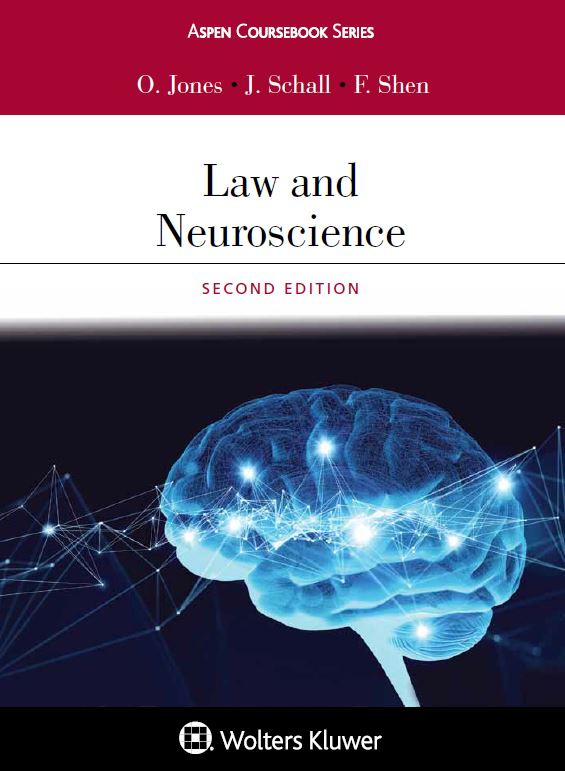An Emerging Field
The implications for law of new neuroscientific techniques and findings are now among the hottest topics in legal, scientific, academic, and media venues. Neurolaw has been featured in The New York Times, Science, Scientific American, NPR, and many other outlets.
About the Book
Law and Neuroscience is the first coursebook to cover the newly emerging field that explores both the promise within and the limitations of the intersection of these two disciplines … [continue reading]
Courses in Neurolaw
Since 2006, over 20 schools have offered courses in Law and Neuroscience. Schools offering the course currently or recently include: Vanderbilt, Minnesota, Harvard, Yale, Cincinnati, William & Mary, and Duquesne. … [continue reading]
